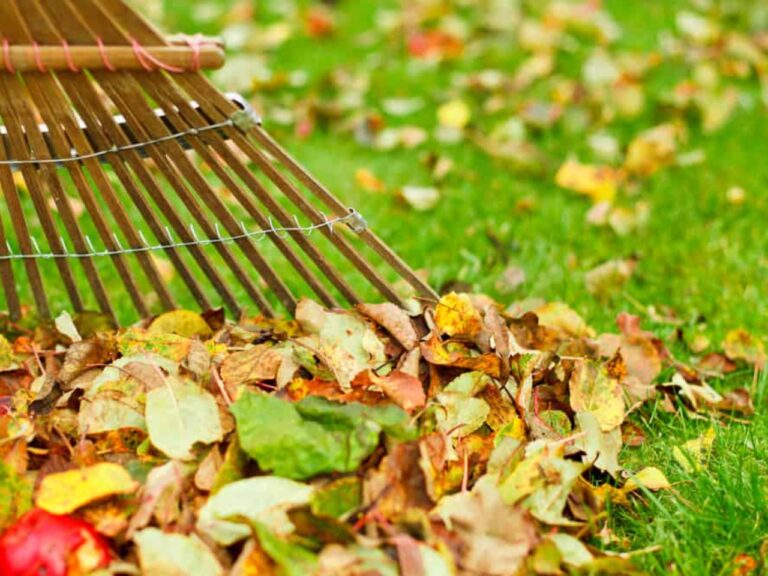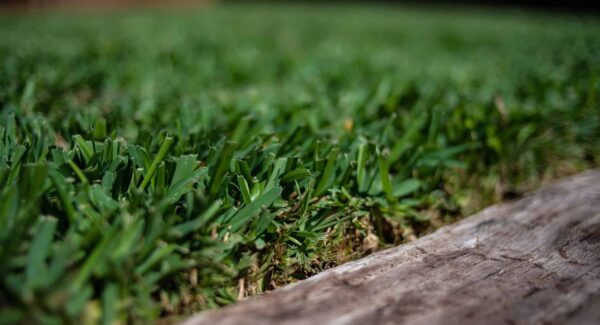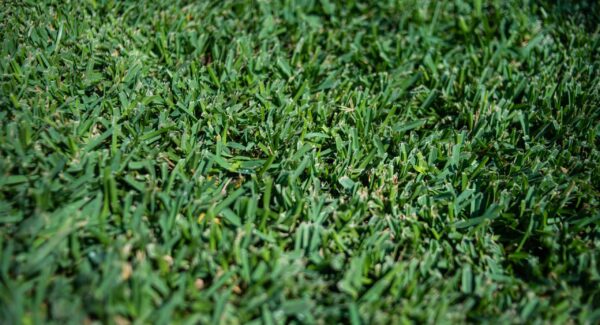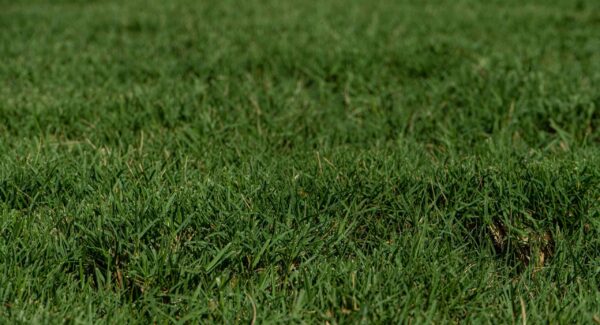Caring For Your Lawn With Allergies
Do you have a green thumb but red, watery eyes? A love for gardening but allergies that could take down an elephant? Suffering from allergies doesn’t mean you have to lock yourself indoors. If gardening or caring for your lawn is something you enjoy there are several things you can do to make your time spent outside more enjoyable.

-
Choose your working time wisely. Pollen levels are always changing, even throughout the course of a day. It’s important that you learn what time of day is easiest on your allergies. Early morning and evening is when pollen counts are the lowest. There are several community email services that update you regularly to pollen counts in your neighborhood. If you’re debating between a few different times, a tool like this could help with the decision making!
-
Watch the weather. The weather plays a major role in pollen counts. Days that are rainy or cloudy, and days without wind are going to cause the least pollen disruption. Rain clears pollen from the air for a short time. However, if it thunders without raining the opposite effect is achieved. Remember that standing puddles are mold spores favorite place to grow!
-
Plant intelligently. If you’re a longtime sufferer chances are you know what triggers your allergies. If you’re unsure you can have a test done by an immunologist or allergist. Once you’ve identified what you’re allergic to it can be easier to avoid it. Although there’s not a lot you can do about a cedar tree in your neighbor’s yard, but you can make your own yard more comfortable for you! Certain plants are widely considered safe or non-reactive for most people with allergies including:
-
Cacti/succulents
-
Magnolias
-
Cherry and apple trees
-
-
Dress the part. While it might not mean being the most stylish gardener on the block, dressing protectively can prevent reactions. Consider wearing a pollen mask and always use gloves. If your eyes are easily irritated wear goggles or sunglasses to block out pollens. If you have longer hair pull it back or wear a hat to keep it from catching pollen that could be irritating later. Any outer protective layers (including shoes) or equipment should be left outside to avoid bringing pollen into the house.
-
Keep your hands working. Try to resist the temptation to touch your face in any way. Don’t rub your eyes or nose. Tying your hair back can defeat the need to brush it away.
-
Wash it away. When you come inside after a day in the yard, shower! This will help rinse off any pollen that you are carrying on your body or in your hair.
No matter what sort of allergies you’re facing, your best bet is always going to be seeking informed medical help and following any instructions a doctor offers you. Also keep in mind that a well tended to yard is less likely to harbor harmful allergens and pollen. This means not letting those leaves pile up! Put on those protective sunglasses and call the Grass Outlet for all your grass needs!





